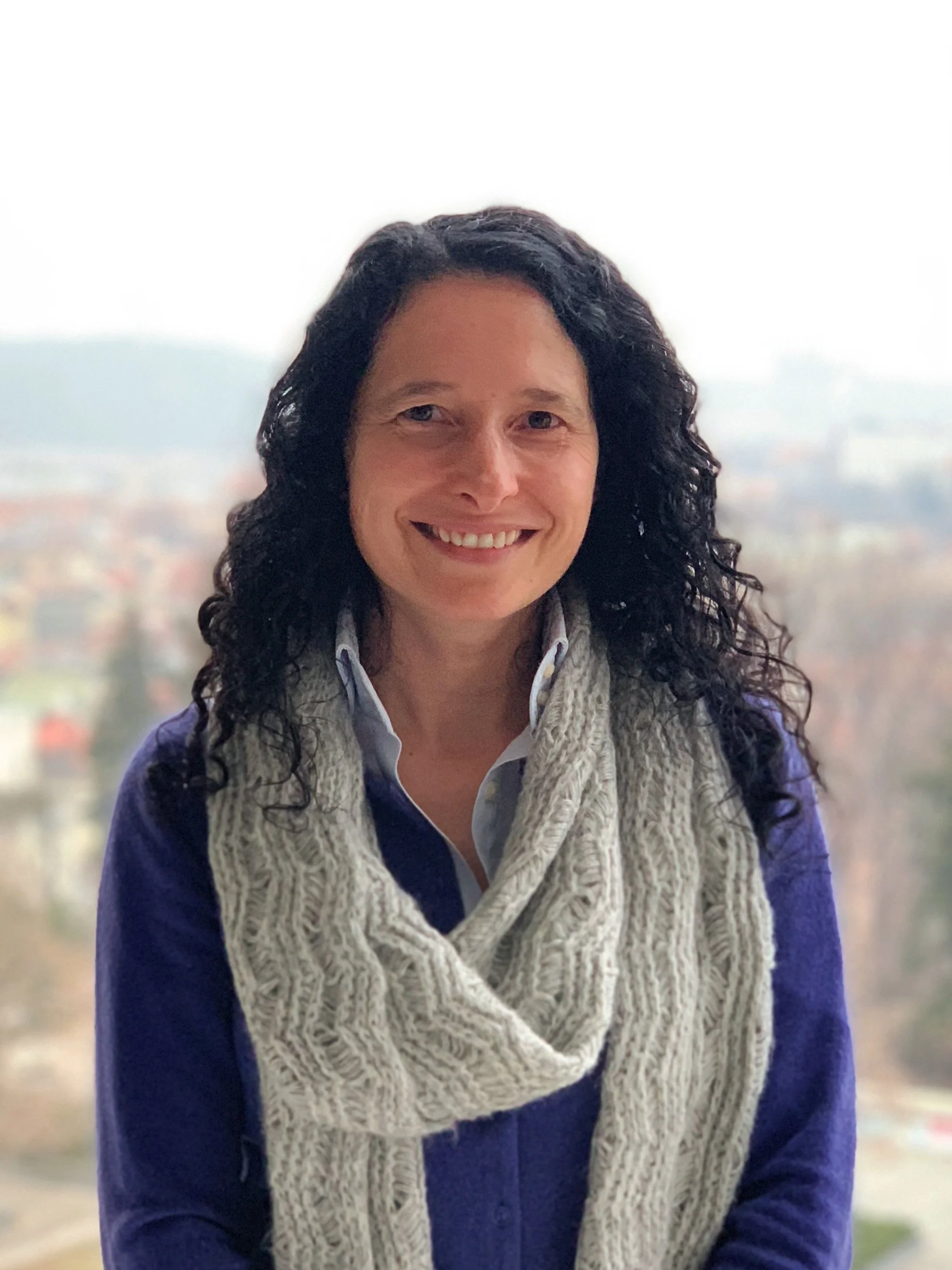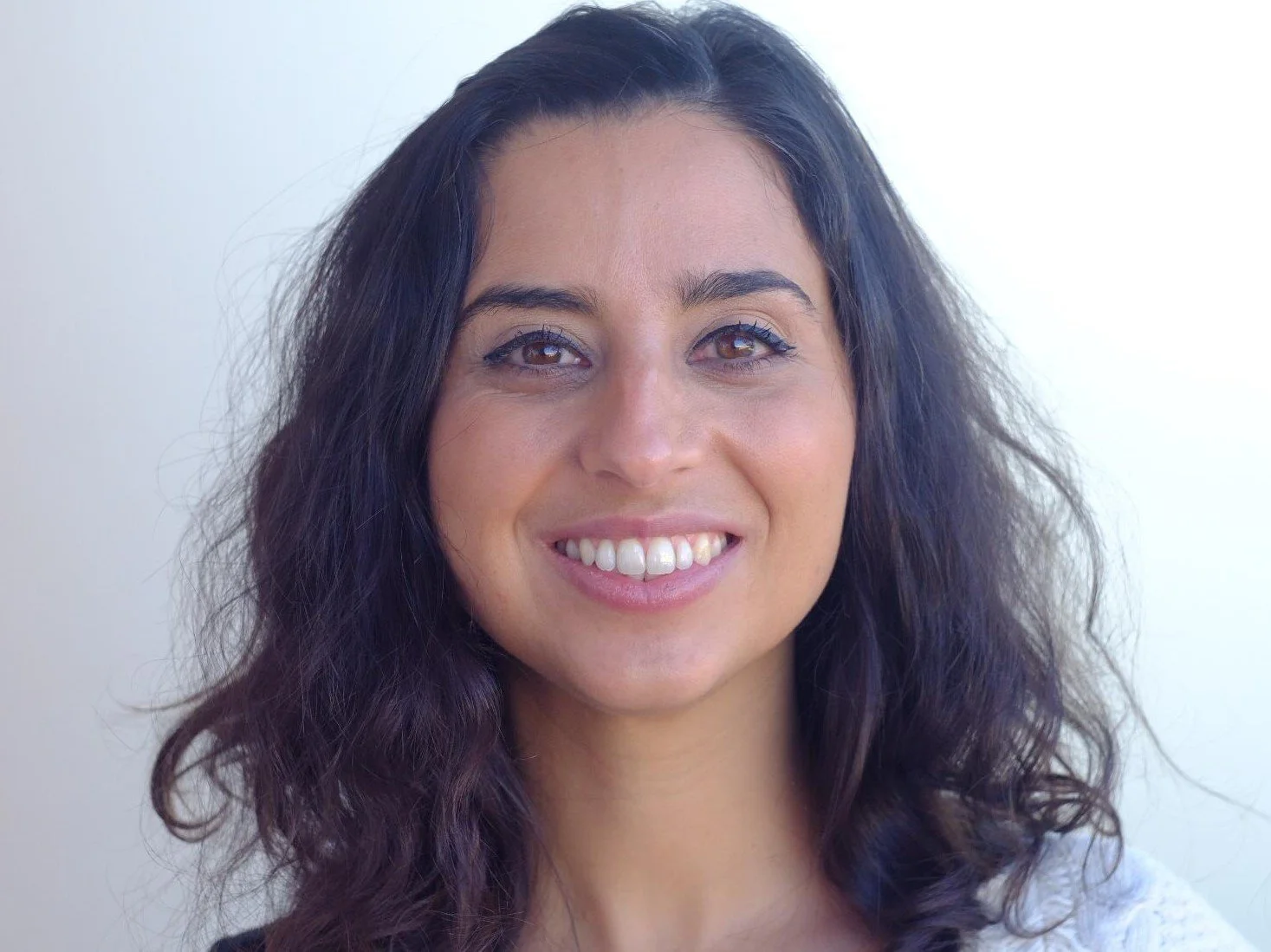The Centre for Social Studies of the University of Coimbra is a scientific institution focused on research and advanced training within the Social Sciences and the Humanities, through an inter and transdisciplinary approach. The Ministry of Science granted CES the status of Associated Laboratory in 2002, recognizing its contribution to public policies, advanced training and the dissemination and sharing of knowledge.
Since its foundation, in 1978, CES has been conducting research with and for an inclusive, innovative and reflexive society by promoting creative critical approaches in the face of some of the most urgent challenges of contemporary societies. Its goal is to continue engaging generations of exceptionally talented researchers and students in the field of Social Sciences and the Humanities. CES was classified as “Excellent” in the last international evaluation process carried out by the Portuguese Foundation for Science and Technology.
CES scientific strategy aims to democratize knowledge, revitalize human rights and to contribute to the establishment of science as a public commodity. We pursue this mission by continuously reshaping our research fields in a response to the needs of the society. Our work covers a wide range of scientific activities and scope, at the national and international level, with particular focus on the North-South and South-North dialogues, contributing to the development, dissemination and application of cutting-edge science and to an advanced research and training of excellence.
-

Maria Raquel Freire
Maria Raquel Freire is researcher at the Centre for Social Studies and Professor of International Relations at the Faculty of Economics of the University of Coimbra, in Portugal. She is also Visiting Professor in the Post-Graduate Programme in International Relations, Federal University of Santa Catarina, Brazil. She was the Coordinator of the Jean Monnet Centre of Excellence PRONE, looking at ontologies and narratives of peace in EU relations with its neighbourhood, and is currently the Portuguese team leader for the projects ProTest (Horizon Europe) and CARSI (Marie Curie Staff Exchange). Her research interests focus on foreign policy, international security, European Union, and Eurasia. She is the author, among other, of “Reconfiguring dynamics of bordering/debordering in EU-Eastern neighbours’ relations: The EU as locus of resistance”, New Perspectives (2024), “The quest for status: how the interplay of power, ideas, and regime security shapes Russia’s policy in the post-Soviet space”, International Politics (2019), and co-edited the book EU Global Actorness in a World of Contested Leadership. Policies, Instruments and Perceptions (2022, Springer). Further detail: https://www.ces.uc.pt/en/ces/pessoas/investigadoras-es/maria-raquel-freire
-

Sofia José Santos
Sofia José Santos is an Assistant Professor of International Relations at the Faculty of Economics of the University of Coimbra and a researcher at CES, where she serves as Principal Investigator of the UNCOVER project. She holds a PhD in International Politics and Conflict Resolution from the University of Coimbra, as well as a Diploma in Advanced Studies in Communication from ISCTE-IUL. Since 2008, her research—grounded in feminist and critical perspectives—has focused on media and international politics, the politics of representation, political communication, internet and technopolitics, and media and masculinities. She has authored and co-authored several publications, including works that engage directly with PROTEST-related themes, such as Gender Ideology in Portugal: The Circulation and Political Performance of Anti-Gender Discourses in Society and Politics (2023), The (In)visibility of Racialized Border Violence? A Ukrainian Killed in Lisbon Airport (2022), and Covid-19 Pandemic: The Reproduction and Contestation of Securitisation of Asylum Seekers, Immigrants and Afro-Descendants in the Portuguese Media (2021). She also co-edited the special issue Borders, Race, and Global Mediascapes: Deconstructing Violence in Politics and Representations (2021).
-

Inês Amaral
Inês Amaral is an Associate Professor at the Faculty of Arts and Humanities at the University of Coimbra. Holds a PhD in Communication Sciences from the University of Minho. She has researched sociability in digital social networks, participation and social media, media and digital literacy, feminist media studies, masculinities, audiences, and disinformation. She was the PI of the project MyGender – Mediated young adults’ practices: advancing gender justice in and across mobile apps and Co-PI of the project MediaTrust.Lab - Local Media Lab for Civic Trust and Literacy. Inês has published in journals such as Social Media + Society, International Journal of Communication, Lecture Notes in Computer Sciences, and Estudos em Comunicação. She has coedited several books, among which are Renegotiating Masculinities in European Digital Spheres (Routledge, 2025), Young Adulthood Across Digital Platforms: Digitally Constructing Gender and Sexualities (Emerald, 2024), Building Media Trust (LabCom, 2024), Digital Convergence in Contemporary Newsrooms. Media Innovation, Content Adaptation, Digital Transformation, and Cyber Journalism (Springer, 2022). Inês’ academic profiles are available on the CES website and ResearchGate.
-

Moara Assis Crivelente
Moara Assis Crivelente holds Ph.D. and Master degrees in International Relations, in the fields of International Politics and Conflict Resolution, Peace, Development, and Security Studies, from the Centre for Social Studies (CES) and the Faculty of Economics of the University of Coimbra (FEUC); and a Master degree on the Communication of Armed and Social Conflicts from the Autonomous University of Barcelona. She has worked as a junior researcher at CES (2021-2024), and is currently an invited assistant professor of International Relations at FEUC. Moara has been engaged in social movements, progressive and democratic coalitions, peace organisations and solidarity networks in Brazil, Portugal, and the Middle East, for about fifteen years. Her research and analyses appear on news outlets, scientific journals and in edited volumes - one of the latest, published by Springer in 2024. Topics include international networks, human rights, civil society, and international organisations such as the United Nations, particularly in contexts of struggles for self-determination and national liberation. Moara's academic profiles are available at Academia.edu and on CES’s website.
